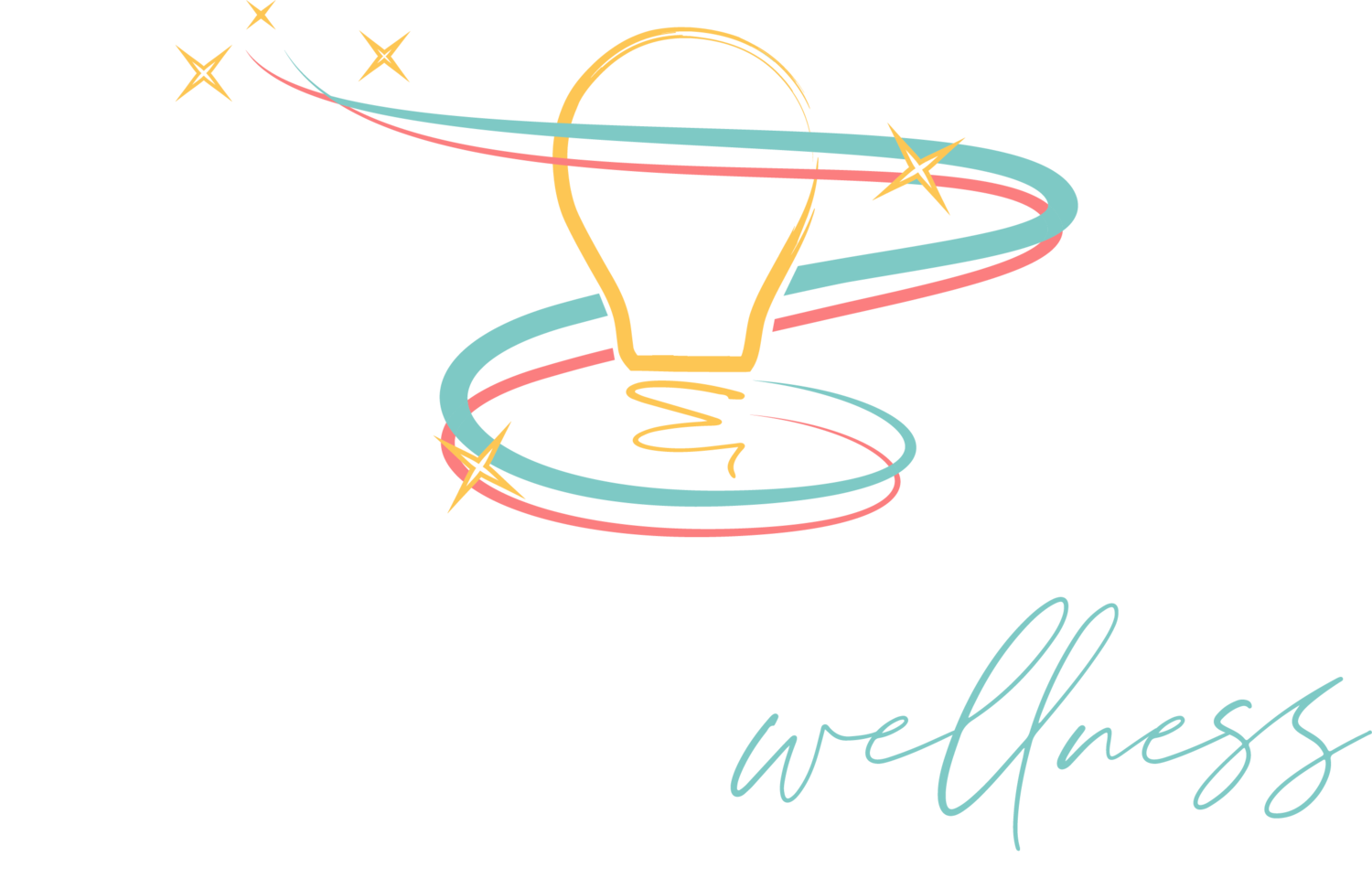Hindered Idealism: The Suffering of System Changers
Have you ever felt literally weighed down by all of your good ideas? One day, you’re hyped up about how a system could be better, and the next day you realize you are too burned out to do anything about it? You are not alone, and the journey ahead is one of slow and steady progress, and sustainable life satisfaction.
One of the first descriptors I heard about the millennial generation was that we are motivated by “meaning, not money”. No, that doesn’t mean we don’t want to make a living! But a characteristic of millennials was that money alone is not a sustainable motivator to truly engage a millennial to give an organization their all.
We are a generation who has witnessed the housing crisis, the crash of 2008, rising natural disasters, and now a global pandemic that has brought us to our knees. And we were conscious enough to notice one glaring detail:
These problems were not just the collective result of individuals making poor decisions- there is something very wrong with the system. Is it broken?
Maybe, but more likely it needs updating, from inside and out. Many of us notice that healthcare isn’t focused on wellness, that education isn’t focused on relationship skills, and business isn’t focused on the environment. There are systemic issues such as racism, ableism, ageism, sexism, economic inequality, and hyper consumer culture that underlie many of the individual problems people deal with. What kind of successful career path can be mapped out when it becomes just as important to be making meaningful positive change as it is to make money?
In a workplace study, 84% of millennials say they have experienced burnout. And 64% of those who felt passionate about their job said they were stressed out.
Passion alone cannot sustain us. Of students drawn to fields such as sociology, which presents theories on social and systems change, a study showed that the variable most linked to job satisfaction was the ability to integrate sociology into their career, which is not the norm. Of health professionals, over half experience burnout, and one factor was cynicism. Burnout was linked with a deceased sense of altruism, poorer patient outcomes, and substance abuse. Yet many solutions to burnout are at the individual level- we are asked to practice more self-care and seek help for our mental health issues.
These are great practices, but when you are seeing problems within a system day in and day out, and don’t feel empowered to make changes, no amount of self care can fill that deep existential void. You may oscillate between elation at the possibilities of systems change, and uneasiness at the long road ahead, or worse, feelings of isolation or shame. If you are drawn to the idea of changing our healthcare, economic, education, and social systems in a way that would better serve people, you are not alone. And if you feel too busy or too overwhelmed with ideas that you are paralyzed from taking any action, you are also one of many.
There are many myths out there to be busted up.
The myth that you can either make money or make a difference. The myth that systems are broken and cannot be fixed.
The myth that there are not enough resources out there for everyone to thrive.
The myth that systemic racism and inter-generational poverty will always exist in any society.
I am passionate about addressing social determinants of health, but I am even more passionate about helping idealistic, driven, high achieving people get grounded in practical action and personal spiritual growth to get that feeling of meaning and accomplishment in their life. There are so many resources out there- educational programs, youtube tutorials, countless agencies and consulting firms- but there is still a need for guides, facilitators, and mentors.
I want to see a world where everyone has a place to get support, feedback, tools, and tailored advice for their ideas to thrive. A world where empathy and humility are just as important as knowing the finances and structure of an organization. A world where everyone feels like they are plugged into the big picture, part of the next generation update to our social systems, at peace internally because they have found their outlet and it’s just the right fit.
Find Your Outlet




